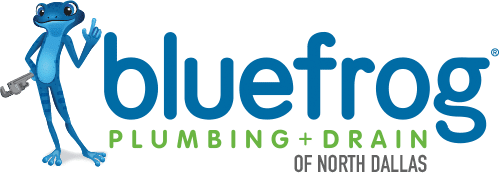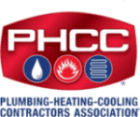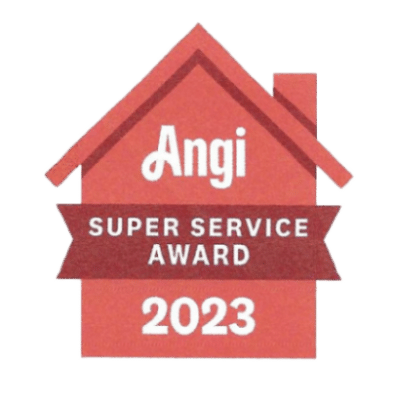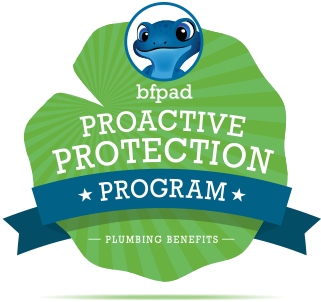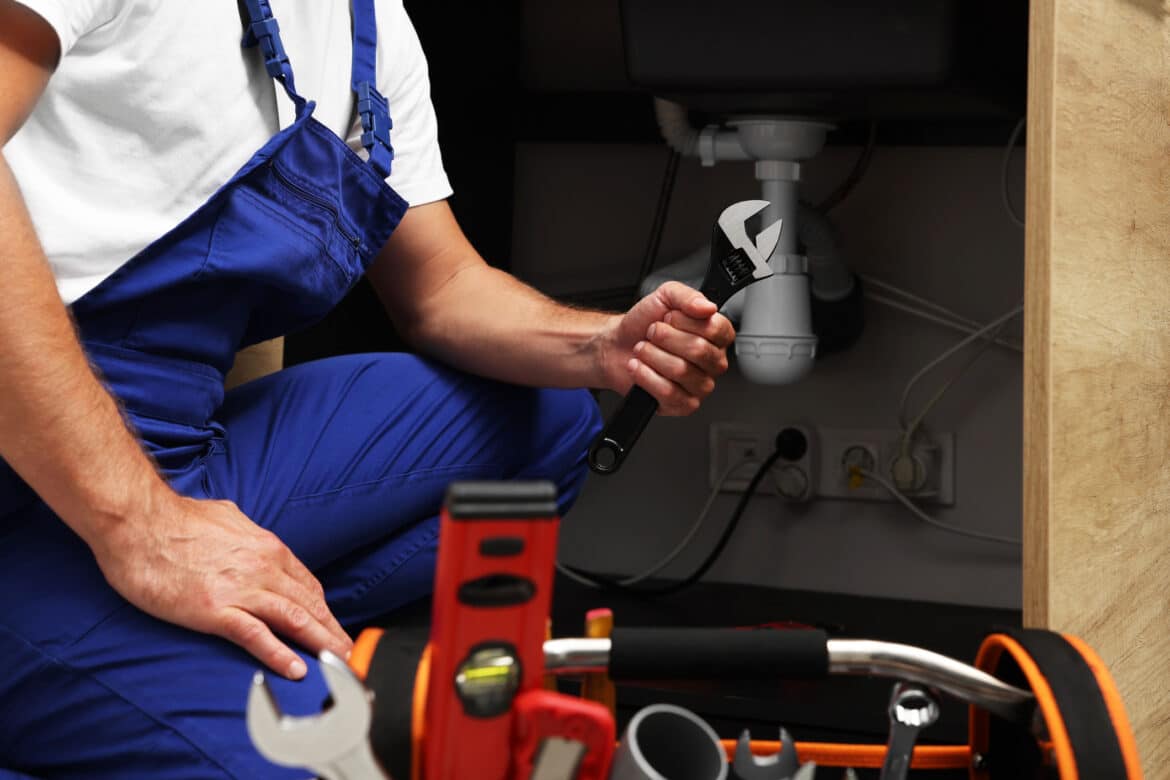
Essential Plumbing Maintenance Tips
- Why is plumbing maintenance important?
-
- Prevents costly repairs and emergencies
- Extends the life of your plumbing system
- Ensures water quality and safety for your household
- Helps conserve water and reduce utility bills
- Maintains the efficiency of water-using appliances
- What happens if you neglect plumbing maintenance?
- Risk of leaks, clogs, and water damage increases
- Potential for higher water bills due to undetected leaks
- Reduced efficiency of appliances like water heaters
- Increased likelihood of emergency repairs
- Potential health hazards from mold and mildew
- How often should you perform plumbing maintenance?
- Monthly: Basic inspections and cleaning tasks
- Quarterly: Check key systems like water heaters and sump pumps
- Annually: Professional inspection and thorough cleaning
Maintaining your home’s plumbing system is crucial to avoid unexpected emergencies, costly repairs, and potential water damage. Whether you’re dealing with routine tasks or preparing for seasonal changes, a little maintenance goes a long way in ensuring everything runs smoothly. This comprehensive guide will walk you through essential plumbing maintenance tips, from monthly checklists to emergency protocols, tailored to keep your home in tip-top shape.
If you’re living in Little Elm (75068), The Colony (75056), or Southlake (76092), it’s especially important to understand how local climate and water quality can impact your plumbing. With these tips, you’ll be well-equipped to handle the unique challenges your area presents and keep your plumbing system functioning efficiently year-round.
Understanding the Importance of Plumbing Maintenance
Have you ever wondered why regular plumbing maintenance is essential for your home? Maintaining your plumbing system isn’t just about avoiding inconveniences—it’s about safeguarding your home and health. Without plumbing maintenance, your plumbing could develop leaks, clogs, or other issues that could escalate into costly repairs. Regular upkeep ensures that your plumbing remains in top condition, saving you time, money, and stress in the long run.
Why Regular Maintenance Matters
Imagine waking up to a flooded bathroom or finding out your water heater has stopped working in the dead of winter. These scenarios aren’t just inconvenient—they can be downright costly. Regular plumbing maintenance plays a crucial role in preventing these situations.
Routine checks and upkeep ensure that your plumbing system operates smoothly, helping to avoid unexpected and expensive repairs. Plumbing maintenance helps identify small issues before they become major problems. A small leak in a pipe can gradually cause significant water damage, leading to mold growth and structural issues in your home. By maintaining your plumbing, you also extend the life of your fixtures and appliances, ensuring they function efficiently for years to come.
Additionally, consistent plumbing care can save you money on your water bills. Leaks and inefficient appliances can lead to water waste, but with regular plumbing maintenance, these issues can be caught and corrected early. The peace of mind that comes with knowing your plumbing is in good shape is invaluable, especially in emergencies when quick action is needed to prevent damage.
Potential Risks of Neglecting Your Plumbing
Neglecting your plumbing maintenance can lead to a series of avoidable issues, each with its own set of consequences. When plumbing problems are left unattended, they often escalate, turning what could have been a simple fix into a costly repair.
One of the most common risks is water damage. A small leak might seem insignificant, but over time, it can cause extensive damage to your home’s structure. This can lead to warped floors, damaged walls, and even compromised foundations. The longer a leak goes undetected, the more damage it can cause, eventually requiring expensive repairs and potentially leading to mold growth, which poses serious health risks.
Clogged drains and pipes are another issue that can arise from neglect. Without regular cleaning and plumbing maintenance, blockages can form in your pipes, leading to slow drainage or even complete backups. In severe cases, this can result in sewage backups, which are not only unpleasant but can also pose significant health hazards.
Your water heater is another critical component of your plumbing system that requires regular attention. Without proper plumbing maintenance, sediment can build up inside the tank, reducing efficiency and leading to higher energy bills. In extreme cases, this buildup can cause the water heater to fail prematurely, leaving you without hot water and requiring an expensive replacement.
Ignoring your plumbing can also lead to poor water quality. Over time, pipes can corrode, leading to rust and other contaminants entering your water supply. This can affect everything from the taste of your water to the health of your family.
In short, neglecting your plumbing doesn’t just affect your pipes—it can impact your entire home and your quality of life. Regular plumbing maintenance is essential to avoiding these risks and ensuring your plumbing system remains in good working order.
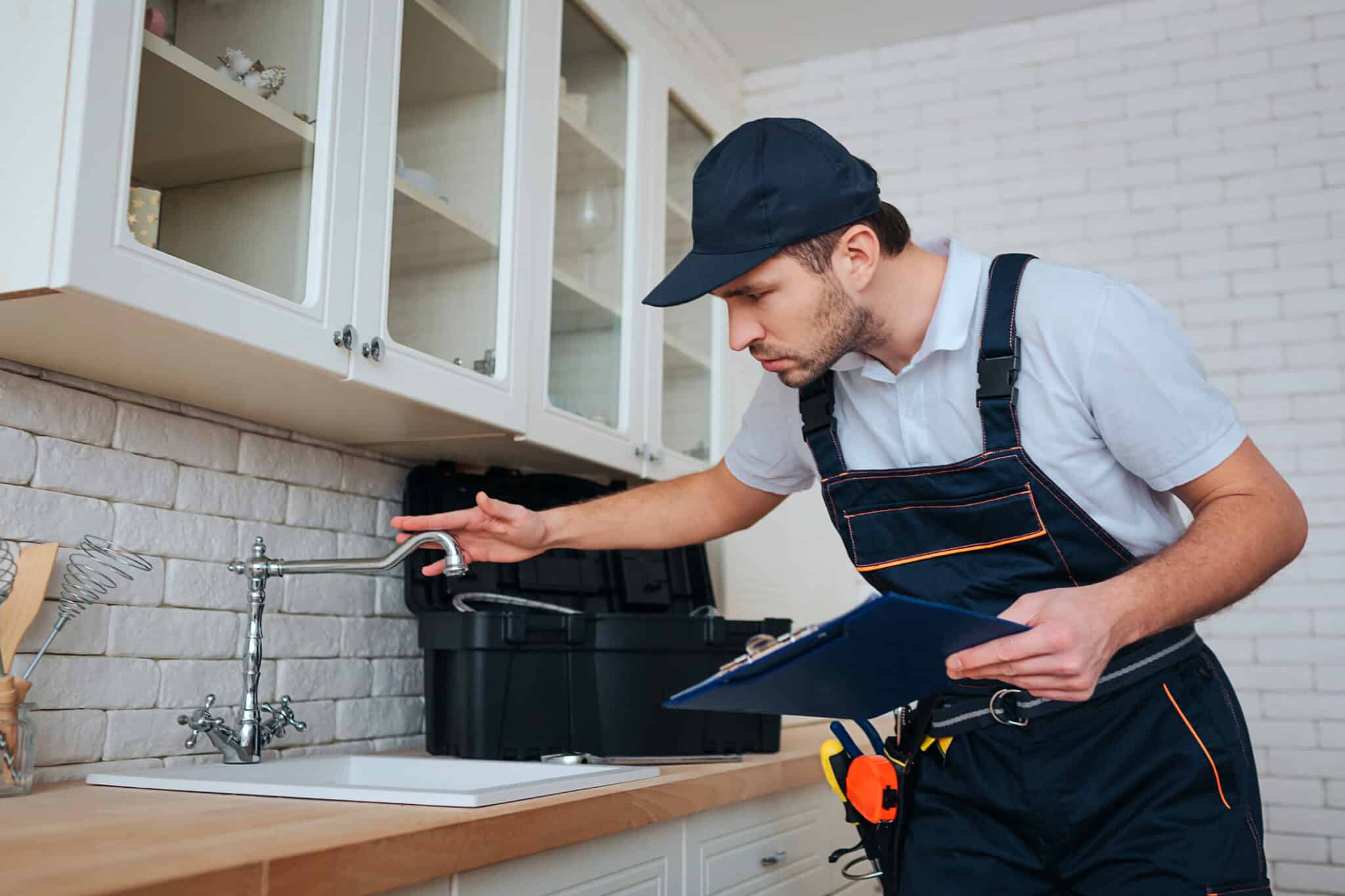
Monthly Plumbing Maintenance Checklist
Regular monthly plumbing maintenance is key to keeping your plumbing system in top shape. By dedicating a bit of time each month to inspect and care for your plumbing, you can prevent minor issues from becoming major headaches. Below is a simple checklist to help you stay on track with your monthly plumbing maintenance.
1. Inspecting for Leaks: Faucets, Toilets, and Pipes
Start by checking all visible pipes, faucets, and toilets for any signs of leaks. Even a small drip can waste a significant amount of water over time and could indicate a more serious issue. Pay special attention to the areas under sinks and around your toilet base, as leaks here can often go unnoticed until they cause damage.
2. Cleaning Drains and Garbage Disposals
To prevent clogs and maintain efficient drainage, clean your drains and garbage disposals regularly. Pour a mixture of hot water and vinegar down the drains to break down any buildup. For garbage disposals, running it with ice cubes and citrus peels helps clean the blades and eliminate odors.
3. Checking Water Pressure Levels
Test the water pressure in your home using a pressure gauge, which can be found at most hardware stores. Water pressure that’s too high can damage your pipes, while low pressure might indicate a leak or buildup somewhere in the system. The ideal water pressure is usually between 40 and 60 psi.
4. Flushing Toilets and Running Faucets
To keep water moving and prevent sediment buildup, flush all toilets and run all faucets, including those you don’t use frequently. This is especially important in guest bathrooms or other rarely used areas of your home.
By sticking to this monthly checklist, you can catch potential issues early and ensure your plumbing system stays in optimal condition. This proactive approach will save you time, money, and stress in the long run.
Quarterly Plumbing Tasks
In addition to your monthly plumbing maintenance routine, quarterly plumbing tasks are essential for keeping your system in top condition. These tasks go a bit deeper, addressing components of your plumbing system that require less frequent, but still regular, attention. By scheduling these tasks every few months, you can prevent long-term damage and ensure everything continues to function smoothly.
1. Water Heater Inspection: Sediment Build-up and Temperature Control
Over time, sediment can accumulate in your water heater, reducing its efficiency and lifespan. To prevent this, drain a few gallons of water from the tank every few months to flush out the sediment. Additionally, check the temperature setting on your water heater. The recommended setting is around 120°F to ensure energy efficiency and prevent scalding.
2. Testing Sump Pumps and Sewer Lines
If your home has a sump pump, it’s crucial to test it quarterly to ensure it’s ready to handle heavy rainfall or snowmelt. Pour a bucket of water into the sump pit to see if the pump activates and drains the water properly. For sewer lines, watch for any signs of slow drainage or backups, which could indicate a blockage. Regularly testing these systems helps prevent flooding and costly water damage.
3. Inspecting Exposed Pipes for Corrosion or Damage
Check any exposed pipes in your home—particularly those in basements, crawl spaces, or attics—for signs of corrosion, rust, or wear. Damaged pipes are more likely to leak or burst, so catching these issues early can prevent serious water damage. If you notice any unusual discoloration, flaking, or moisture around your pipes, it’s time to call a professional for further inspection.
4. Cleaning Aerators and Showerheads
Mineral deposits can clog faucet aerators and showerheads, reducing water flow and pressure. Remove these fixtures and soak them in vinegar to dissolve any buildup. After cleaning, reattach them to improve water flow and maintain the efficiency of your fixtures.
Annual Plumbing Check-Ups
While monthly and quarterly tasks are crucial for maintaining your plumbing system, annual check-ups allow for a comprehensive evaluation of your home’s plumbing. These tasks typically require the expertise of a professional plumber, to ensure that all components are functioning correctly and efficiently. Annual plumbing maintenance can uncover hidden issues that might not be evident during routine checks, helping you avoid costly repairs and extending the lifespan of your plumbing system.
1. Professional Inspection: When and Why to Call a Plumber
Once a year, it’s wise to schedule a professional plumbing inspection. A licensed plumber can thoroughly inspect your entire system, checking for potential problems like hidden leaks, pipe corrosion, and issues with water pressure. Professionals have the tools and expertise to detect problems that aren’t visible to the naked eye. This annual check-up can prevent minor issues from turning into major, expensive repairs.
2. Water Softener Maintenance: Preventing Mineral Build-Up
If your home uses a water softener, it’s important to perform annual plumbing maintenance to keep it functioning optimally. Over time, mineral deposits can accumulate in the system, reducing its effectiveness. Check the salt levels in your water softener and top them off as needed. Additionally, clean the brine tank and resin bed to prevent buildup that could hinder performance. Proper plumbing maintenance of your water softener ensures that it continues to protect your plumbing from the damaging effects of hard water.
3. Drain and Sewer Line Cleaning
Even if your drains seem to be working fine, annual cleaning is crucial to prevent blockages and backups. A professional plumber can use specialized equipment, like a drain snake or hydro-jetting, to clear out any debris, grease, or tree roots that might be clogging your pipes. Regular drain and sewer line cleaning keeps your plumbing system running smoothly and reduces the risk of unexpected backups.
4. Inspecting and Testing Water Valves
Water valves control the flow of water throughout your home and are crucial in case of an emergency. Once a year, inspect and test all the valves in your home to ensure they’re functioning properly. If any valves are difficult to turn or appear to be leaking, they may need to be replaced. Properly functioning valves can save you time and prevent water damage if you ever need to shut off the water supply quickly.
Seasonal Plumbing Tips
Each season brings unique challenges for your plumbing system, so it’s essential to adjust your plumbing maintenance routine accordingly. Preparing your plumbing for seasonal changes can prevent damage, conserve energy, and ensure that your system operates efficiently year-round. Here’s what you should focus on during different times of the year.
1. Winterizing Your Plumbing: Insulating Pipes and Preventing Freezes
Winter is the harshest season for your plumbing, especially in colder climates. To prevent pipes from freezing and potentially bursting, it’s crucial to insulate any exposed pipes, particularly those in unheated areas like basements, garages, and crawl spaces. You should also disconnect and drain garden hoses and shut off the water supply to outdoor faucets. If you’re going away during the winter, set your thermostat to at least 55°F to keep your home warm enough to prevent frozen pipes.
2. Summer Checks: Sprinkler Systems and Outdoor Faucets
Summer is the time to focus on your outdoor plumbing. Inspect your sprinkler system for leaks, clogs, or broken sprinkler heads. A faulty sprinkler system can waste water and lead to higher bills. Also, check outdoor faucets for any leaks or damage that might have occurred during the winter. Repairing these issues early ensures that your outdoor plumbing is ready for heavy use during the summer months.
3. Spring Plumbing Preparation: Addressing Winter Wear and Preparing for Rain
As the snow melts and temperatures rise, it’s important to assess any damage your plumbing system may have sustained over the winter. Check your sump pump to ensure it’s ready for spring rains and test it by pouring water into the sump pit. Inspect your roof gutters and downspouts to make sure they’re clear and direct water away from your home’s foundation. This prevents water damage and basement flooding.
4. Fall Plumbing Maintenance: Preparing for Colder Weather
As the weather starts to cool down, it’s time to prepare your plumbing for winter. In addition to insulating pipes and shutting off outdoor water supplies, fall is a good time to inspect your water heater. Flush the tank to remove sediment buildup and check the pressure relief valve to ensure it’s functioning correctly. You should also ensure that your home’s heating system is ready to keep your plumbing warm during the cold months ahead.
Preventing and Handling Clogs
Clogs are one of the most common plumbing issues homeowners face, and they can range from minor annoyances to major problems. By understanding how to prevent clogs and knowing how to handle them when they occur, you can keep your plumbing system running smoothly and avoid costly repairs.
1. Best Practices for Kitchen and Bathroom Drains
The kitchen and bathroom are the most likely places for clogs to occur. In the kitchen, avoid putting grease, coffee grounds, and food scraps down the drain, as these are common culprits for clogs. Instead, dispose of these items in the trash or compost bin. In the bathroom, use drain covers to catch hair, soap scum, and other debris that can accumulate in the pipes. Regularly clean these covers and flush the drains with hot water to keep them clear.
2. Safe Use of Drain Cleaners: Avoiding Chemical Damage
While chemical drain cleaners can be effective in clearing minor clogs, they can also cause significant damage to your pipes if used improperly or too frequently. These chemicals are highly corrosive and can eat away at your pipes, leading to leaks and other issues. Instead of relying on harsh chemicals, consider using natural alternatives like a mixture of baking soda and vinegar, followed by hot water. For stubborn clogs, a plunger or drain snake is often a safer and more effective option.
3. DIY Clog Removal: Tools and Techniques
When a clog occurs, it’s tempting to reach for the nearest solution, but it’s important to use the right tools and techniques to avoid damaging your plumbing. For minor clogs, a plunger is often the first line of defense. Make sure you’re using the correct type of plunger—a cup plunger for sinks and tubs, and a flange plunger for toilets.
If the plunger doesn’t work, a drain snake can help break up or retrieve the blockage. Insert the snake into the drain and gently rotate it to dislodge the clog. For more persistent clogs, it may be necessary to remove the P-trap under the sink to manually clear the blockage.
4. When to Call a Professional
If you’ve tried all the above methods and still can’t clear the clog, or if you’re dealing with repeated clogs in the same drain, it’s time to call a professional plumber. Persistent clogs could be a sign of a more serious issue, such as a blockage deeper in your plumbing system or a problem with your sewer line. A plumber has the tools and expertise to diagnose and resolve these issues quickly and safely.
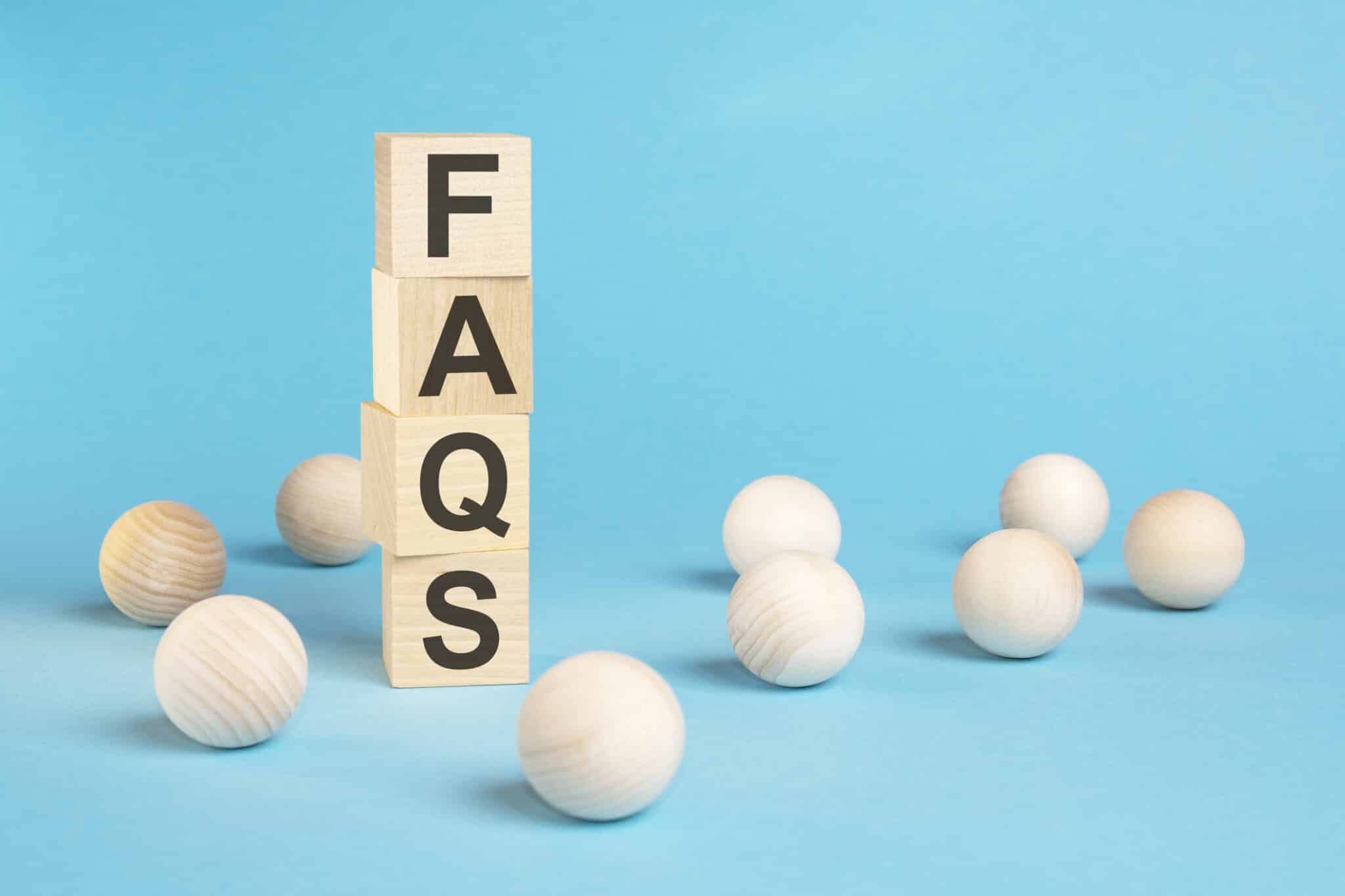
FAQs about Plumbing Maintenance
-
How often should I inspect my plumbing?
Inspect your plumbing monthly for leaks, clean drains, and check water pressure. Schedule professional inspections annually for a thorough evaluation.
-
What are the most common signs of a plumbing issue?
Common signs include dripping faucets, slow drains, unusual noises in pipes, low water pressure, and sudden spikes in water bills.
-
How can I prevent my pipes from freezing in winter?
Insulate exposed pipes, disconnect outdoor hoses, and keep your home heated to at least 55°F. Let faucets drip slightly during extreme cold to keep water flowing.
-
What should I do if my toilet overflows?
Immediately turn off the water supply valve behind the toilet, then use a plunger to try to clear the blockage. If this doesn’t work, contact a plumber.
-
How can I improve water quality in my home?
Install a water softener to reduce hardness and a whole-house filtration system to remove contaminants. Regularly test your water quality to ensure these systems are working effectively.

